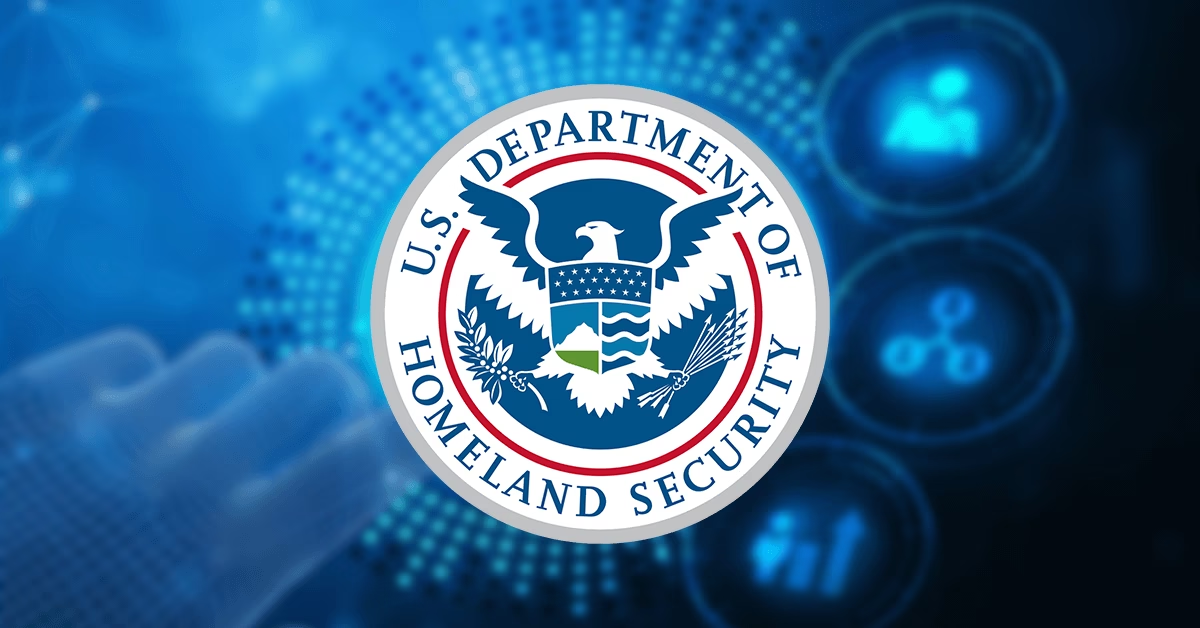Multiple Ukrainians living legally in the United States under a humanitarian parole program were left in shock this week after receiving an alarming email stating their status had been revoked — and giving them just seven days to leave the country or face removal by federal authorities.
The email, sent Thursday, warned recipients: “If you do not depart the United States immediately you will be subject to potential law enforcement actions that will result in your removal from the United States. Again, DHS is terminating your parole. Do not attempt to remain in the United States.”
On Friday, the U.S. Department of Homeland Security (DHS) confirmed the message had been sent in error and that the humanitarian parole program for Ukrainians, established in 2022 following Russia’s invasion, has not been terminated. A follow-up message was issued clarifying: “The terms of your parole as originally issued remain unchanged at this time.”
It remains unclear how many individuals received the erroneous email.
The incident comes amid growing concerns over the future of temporary protections for Ukrainians under the Trump administration, which has reportedly been considering revoking legal status for roughly 240,000 displaced Ukrainians — a sharp policy reversal from the welcome they received under President Biden.
One Ukrainian woman, who asked to remain anonymous out of fear of retaliation, said the email left her devastated. “I couldn’t breathe normally and was uncontrollably crying,” she said. She explained that she had renewed her immigration status just last August and had been told it was valid for another two years. “I don’t have as much as a parking ticket,” she added. “I don’t post on social media. I have done nothing wrong.”
Angela Boelens, president of IA NICE, a nonprofit in Iowa that sponsors Ukrainian refugees, said she knows of at least two women who received the letter — one of whom is pregnant. “It’s a very scary email. All of my families are in complete panic,” Boelens said. “I’d been telling people they would have time after a revocation notice. But this letter is very different.”
The mistaken communication has raised serious concerns about DHS’s internal procedures and the psychological toll such errors take on vulnerable populations fleeing war.



